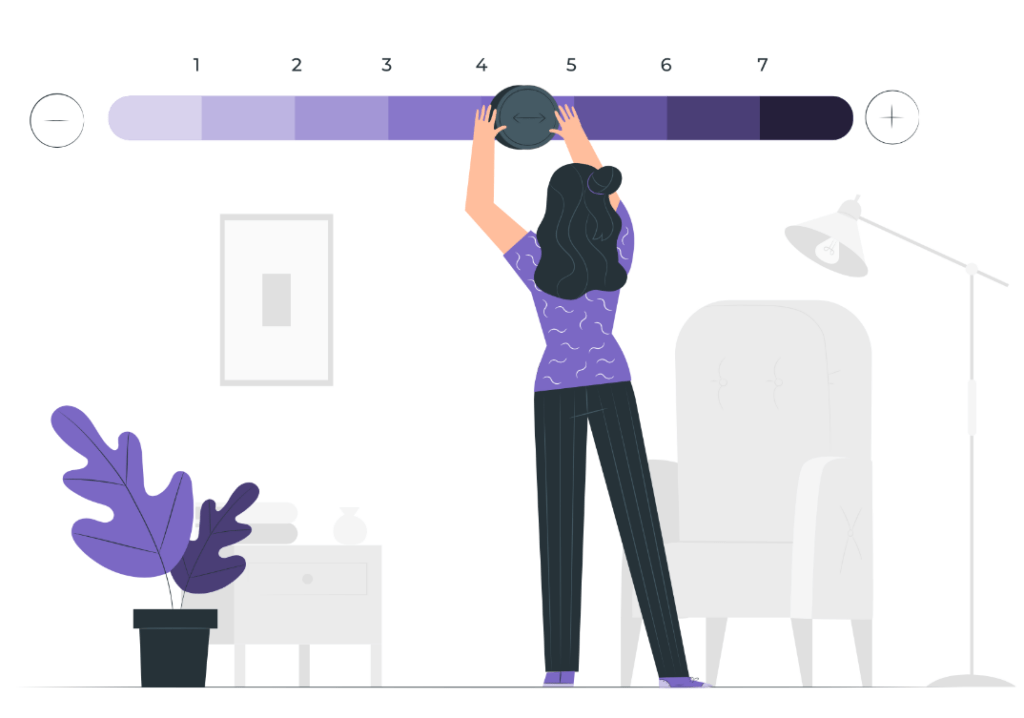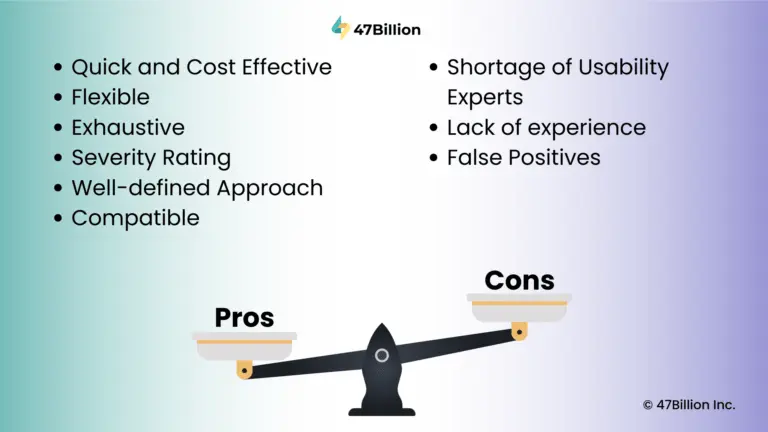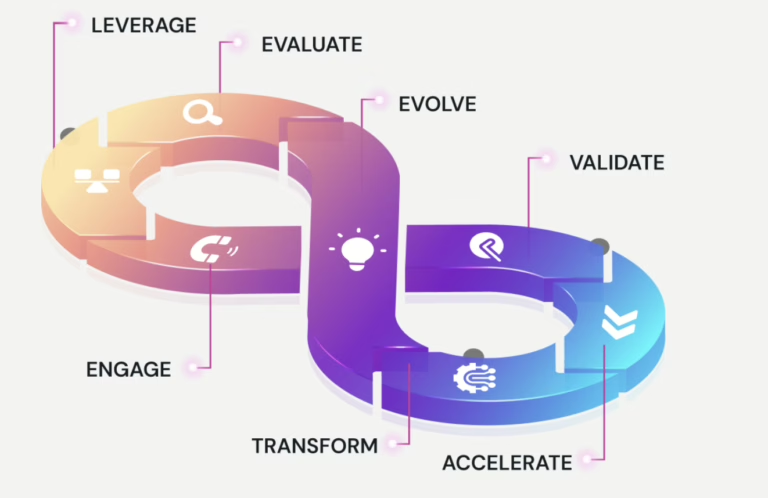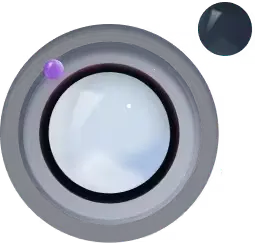User Experience is an integral part of any business. Both old and new businesses have shifted their focus from their products and services offering to customer experience.
It is imperative for new and emerging companies and all businesses. I believe that no organization can achieve its best potential if it doesn’t prioritize creating a UX that meets its customer’s needs and expectations from its product.
Startups, especially those enabled by technology, are rapidly adopting UX best practices. This is propelled by the complex and continuously changing ecosystem. The ecosystem will be different for a successful startup compared to the one in its initial stages.
You must validate your idea or product before investing time and money into it. This is an essential step in running an early-stage startup project.
Today, startups urge to push their idea framework to new extents. For example, a standard practice could be validating an idea even before building anything tangible instead of developing a minimal viable product to test it against a minimal viable market. What do you require? Just an outline, a prototype, and analyze how the customers are responding to the offering of the prototype.
This analysis can help you understand the performance, saving time, money, and effort. This practice is a heuristic evaluation and can be considered before full-fledged development. Heuristic Evaluation is also called usability audit or expert evaluation. To elaborate more, a user experience (UX) designer performing a heuristic evaluation compares a design to a set of UX principles. These guidelines sometimes called “best practices,” are typically modifications of Jakob Nielsen’s “10 Usability Heuristics for UI Design.”
What are Heuristics, and what is Heuristic Evaluation?
Heuristic Evaluation helps identify a product’s common usability issues. It can be for existing or new products. This approach resolves challenges, improving the user’s satisfaction and experience and raising the chances of a digital product’s overall success.
Majorly focusing on usability, a heuristic analysis is an evaluation method where one or more experts compare a product design to a list of predefined design principles and identify where the product cannot fulfill the requisites.
Heuristic evaluation experts are the evaluators. They are ideally usability testing experts who have deep knowledge of the chosen set of heuristics. They work on disciplines of human factors, interactive design, human-computer interaction, and UX design. Also, they understand human psychology, computer science, information science, and business.
Ideally, a group of 5-8 experts works together to identify challenges and assign them a “severity rating.” Then they resolve the most critical ones before moving on to less complex issues.

Heuristic Evaluation for Startups
When to perform Heuristic Evaluation?
You can opt for Heuristic evaluation at an advanced stage of the design process. Usability testing for the new products is usually performed later in the design phase after wireframing and prototyping and before visual design and UI development begin. Also, for existing products, the best time is before redesigning starts.
Expected Results
With inspection methods, the deliverable is a consolidated report that identifies usability issues and ranks them on a severity scale. For the significant part, the heuristic evaluation report does not include solutions. However, most of the challenges raised have absolute fixes and, once identified, can be quickly resolved and implemented during the design phase.
Pros and Cons of Heuristic Evaluation for early-stage Startups
Before kickstarting your evaluation process, you need to understand the advantages and disadvantages of opting for Heuristic Evaluation for your startup.
Pros –
- Quick and Cost Effective – it utilizes the existing internal resources to administer and evaluate.
- Flexible – we can test the product at any stage of the design process. Helps in evaluating wireframes, prototypes, and live products
- Exhaustive – Enables a comprehensive study of the product’s current design.
- Severity Rating – Helps in organizing usability issues and resolving them in a sequence of their level of severity.
- Well-defined approach – Follows a set of heuristics and helps identify challenges for specific user flows.
- Compatible – Facilitate combinations of multiple usability testing methods at the same time
Cons
- Shortage of Usability Experts – The niche of the product varies every time, so finding an experienced usability evaluator can pose a challenge
- Lack of experience – onboarding new evaluators, may hinder the quality of work and influence the value of usability issues identified.
- False Positives – challenges flagged based on principles may not necessarily cause a negative user experience in real-life situations.

Inspection Methods for Heuristic Evaluation
The goal is similar, but performance differs in each case.
Cognitive Walkthrough
- Who – New customers
- What – Actions performed with specific user goals
- Why – To identify a sequential process for performing a task
User Testing
- Who – End-user
- What – Using the digital product in realistic circumstances
- Why – Understanding how users will complete specific tasks in real-life situations
Heuristic Analysis
- Who – System expert
- What – Comparing usability to predefined heuristics
- Why – To check if digital product is usable in the most compatible way for all users and aligns with usability principles
Today one of the limitations of startups is the lack of resources. Often, a startup team cannot afford to hire a UX design professional during the initial years. This may result in some team members taking this new role and performing UX design themselves. In this case, you need to aim at viable UX evaluation frameworks to help bring your product’s usability. Therefore, you need a practical approach to product UX and design in this continuously changing ecosystem with a lack of resources and time. This approach includes Heuristic evaluation which can improve usability for your product user flow.
About 47Billion
47Billion has over ten years of expertise helping startups like yours to take their idea into a tangible reality. We have a team of experienced strategists, designers, and developers working closely on all stages of your product journey – from conception to delivery. We follow a step-by-step approach from MVP to your product launch. To book your consultation session, let’s connect at www.47billion.com







